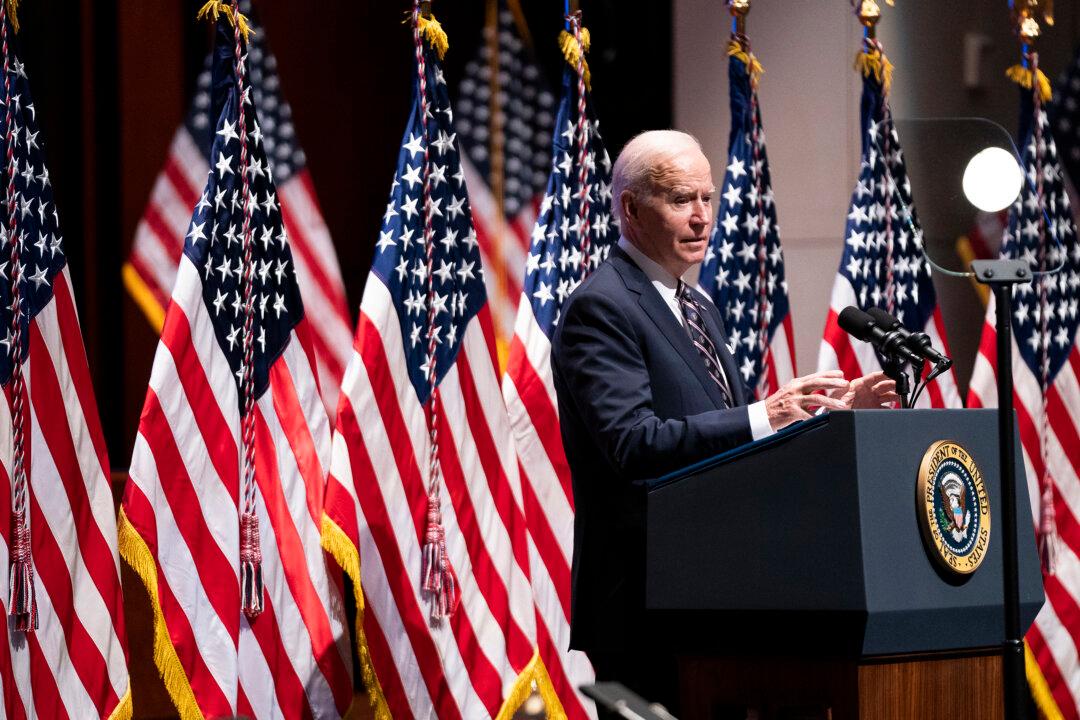President Joe Biden called for unity among Americans—regardless of religion, race, and party affiliation—during his remarks at the National Prayer Breakfast on Capitol Hill on Feb. 2.
“Just before Christmas, I offered a message to the country. A universal message of hope, joy, and love, whether you’re Christian, whether you’re Jewish, Hindu, Muslim, Buddhist, or any other faith or no faith at all,” Biden said.





